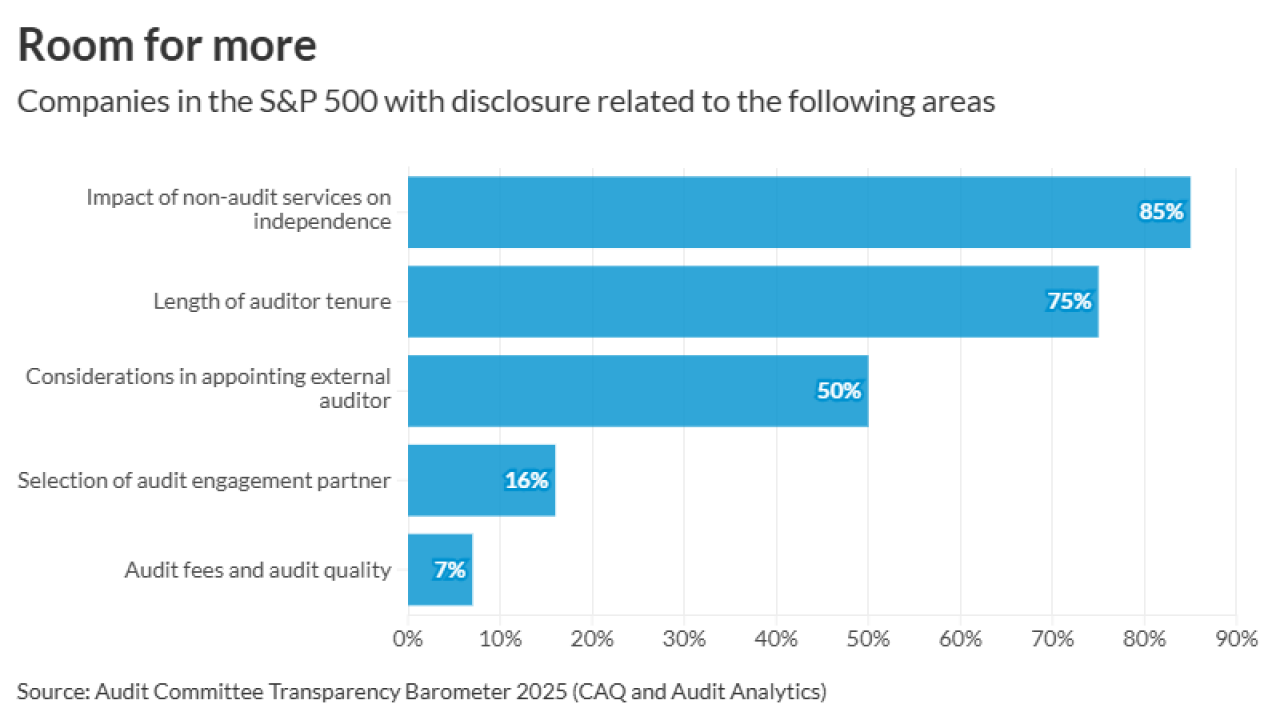IMGCAP(1)]For tax preparers who were somewhat dismayed by the recent IRS statistics indicating a slight drop-off in the number of taxpayers who were using a professional to prepare their taxes as opposed to do-it-yourself tax software, take heart.
A recent survey shows that many of the taxpayers who moved to DIY software came to it from tax prep franchises, not from CPA firms, according to Ryan Himmel, CPA, president and CEO of BIDaWIZ, the professional network and lead generation platform for accountants to work with small businesses across the country.
“We conducted customer surveys throughout the 2013 tax year to shed light on the apparent market shift,” said Himmel.
The latest figures provided by the IRS indicate that of the almost 116 million e-filers as of April 18, 2014, 70 million returns were prepared by a tax professional, and the remaining 46 million were self-prepared (using DIY software). This compares to 112.7 million in the year-ago period, when 69.5 million returns were prepared by professionals and 43.2 million were self-prepared, according to Himmel.
“This translates to a 1.3 percent market share shift toward DIY software as professionally prepared returns dropped from 61.7 percent of the overall e-file market in 2013 to 60.4 percent in 2014,” he said. “While the data indicate that DIY software providers are taking share from professionals, it’s important to note that professionally prepared returns still grew in the aggregate by 518,000 for the season.”
“In addition, we believe that much of the market share shift relates to the taxpayers who were previously using the tax preparation franchises such as H&R Block (in-person), Jackson Hewitt and Liberty Tax, and have opted to use DIY software instead. Our conclusion is based on both quantitative and qualitative data that we captured from our survey among other factors.”
The survey measured the composition of users coming to the Web site seeking answers to tax questions.
“A lot of professionals providing services from tax prep houses are not comparable to full-service CPA firms that have years of experience and many different perspectives in the firm,” said Himmel. “Many take short courses to be a preparer. In many respects that’s not sufficient for someone with self-employed income or rental property that has a host of questions and forms such as K-1s, and can’t get all the answers that they need. So they go to the franchises and then they search online. In some cases they decided to transition to a DIY online product, and that represents a lot of the market share shift from professionals to DY software.”
“For example, someone walks into a tax prep franchise office, and finds the preparer unable to answer all their questions, so they go online and start searching. We don’t think the majority of market share shift is attributable to the belief that someone that uses a CPA firm for five to ten years suddenly decides to shift to do-it-yourself software to save money,” he said. “A lot of the shift is due to the lack of experience and lack of tools that tax preparation franchises can bring to the table as opposed to accounting firms that provide value to their clients. It’s logical to draw the conclusion that a lot of market shift was not from CPA firms but from tax franchise houses.”





